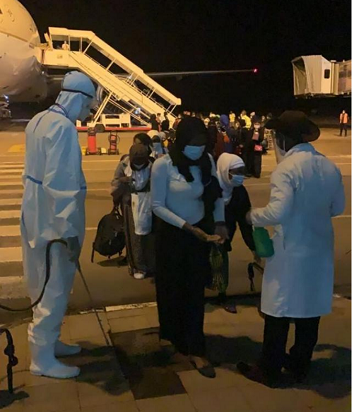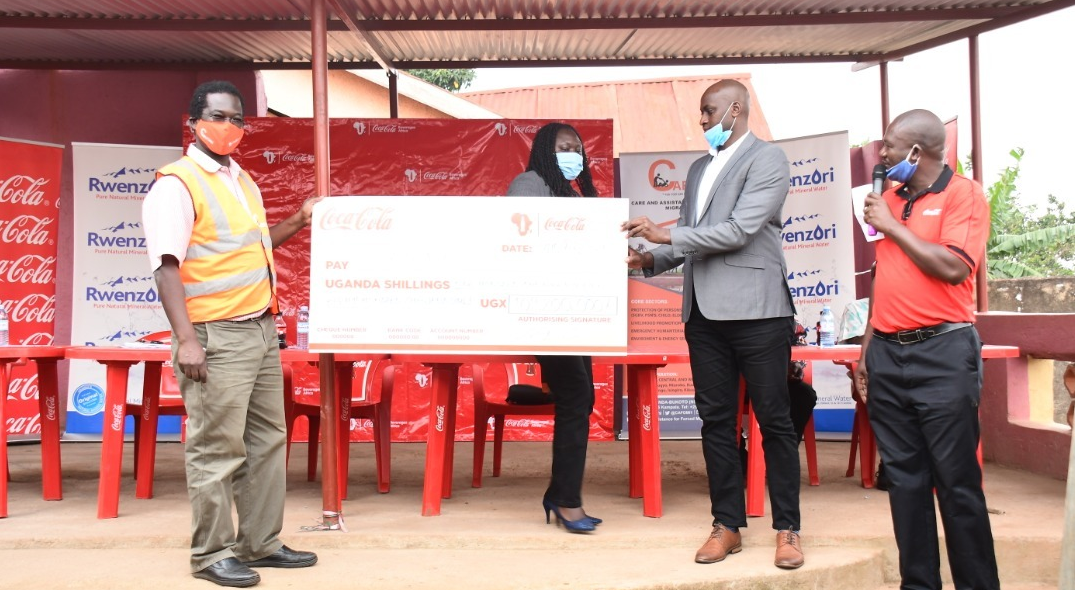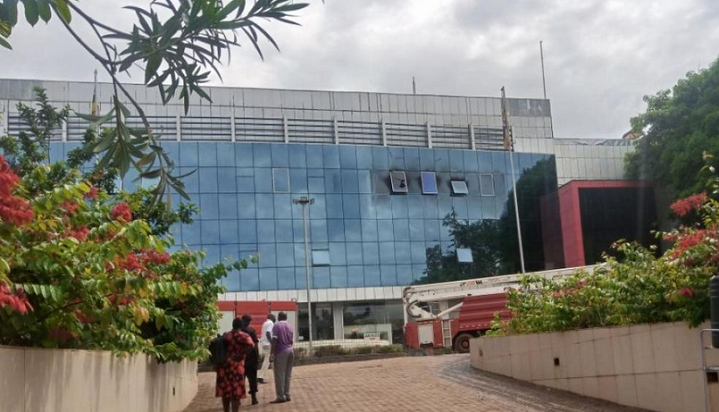Some of the returnees from Saudi Arabia
The Ministry of Health is investigating why 43 Ugandans who were deported from Saudi Arabia on Wednesday were detained at Entebbe International Airport for failing to pay for COVID-19 tests.
Uganda commenced mandatory COVID-19 testing for all arriving passengers last Wednesday, a process that requires each arriving passenger to pay USD 30 or its equivalent of 110,000 Shillings. According to the Ministry of Health, deportees are exempted from the payments.
But a group of deportees who landed at Entebbe International Airport aboard Ethiopian Airlines was held at the airport for failing to pay the charges. None of them had a passport, but they were cleared through immigration using their deportation orders and boarding passes.
Three of the 43 deportees, who said they did not have money on arrival at the airport, told our reporter that they were only released after paying for the tests on Wednesday night. The trio either got money from relatives or solicited from other passengers, while those who failed to get helped, spent the night at the airport.
One of them, who spoke on condition of anonymity for personal security reasons and fear of being stigmatized by relatives and friends, says they were all however released by 5 am on Thursday without paying for the tests. Passengers and some officials from Uganda Civil Aviation Authority-UCAA confirm that the deportees were asked to pay for the tests.
The matter was equally raised by Mbarara Woman MP Margaret Ayebare, during an oversight visit by the parliamentary Health Committee to the airport on Thursday. Ayebare asked whether the government is catering for travellers who might not have money for the tests.
But Dr Atek Kagirita, the Deputy Incident Commander and the in-charge of the COVID-19 testing exercise at the airport, says that the government agencies involved in the planning and implementation of the mandatory testing exercise had not considered students, returnees, deportees, and other passengers who might not afford the cost of tests.
However, with an average of 30 deportees and inadmissible passengers arriving every day, the government decided to exempt this group. He added that it was unfortunate if medical workers and the army asked the deportees to pay for the tests. “Deportees and Ugandans who are not admitted at their destinations are exempted from paying for the tests,” Kagirita says, adding that the matter is now under investigation.
Dr Kagirita explained that the government has tested 201 deportees and those rejected at their destinations in one week. “They did not pay for the tests,” Kagirita adds, ” But the Wednesday incident could have been peculiar because they were many or there was an issue somewhere.”
He, however, says the exercise currently lacks an overall leader and yet it involves several entities. The exercise involves ministries of Health, Finance, Foreign Affairs and Internal Affairs, officials from the Civil Aviation Authority, the UPDF Engineering Brigade, NITA-U and Post Bank.
“So when I issue orders, the other stakeholders may not respond because they have different people to report to and also receive orders from. We need one person who can therefore command and coordinate this exercise so that we don’t contradict each other and inconvenience passengers,” he says.
Kagirita says deportees and inadmissible passengers are handled by three agencies, aviation security, immigration, and port health services. Each of the agencies countersigns the documents for deportees and inadmissible passengers to prove that they are genuine people who deserve to be exempted from paying for the COVID-19 tests.
However students and other passengers who say they do not have money, Kagirita says they will have to raise money. “It’s hard to prove whether or not such people are telling the truth or are just stubborn and want to dodge paying for the tests,” Kagirita responded.
-URN






Good